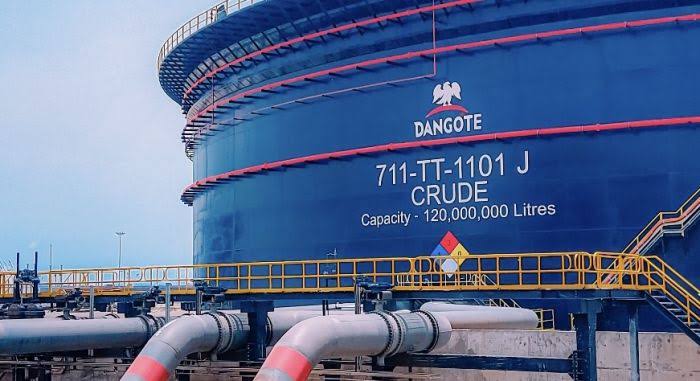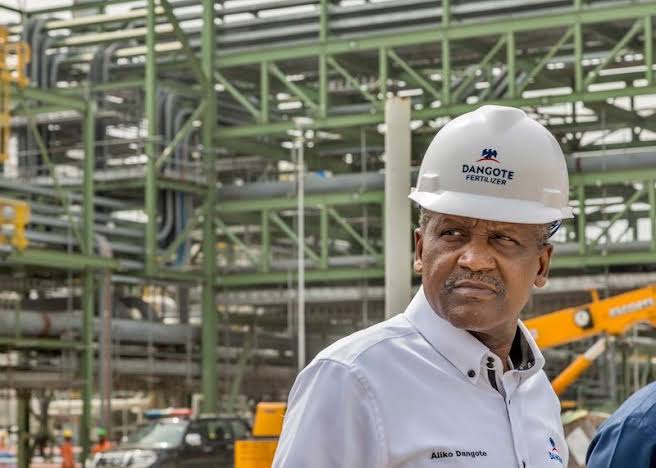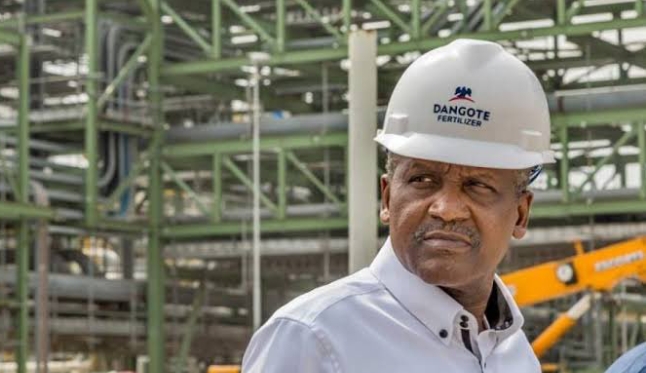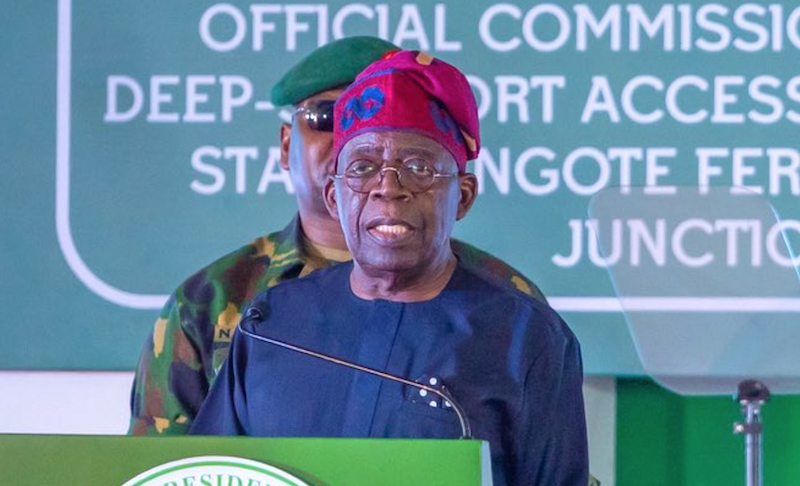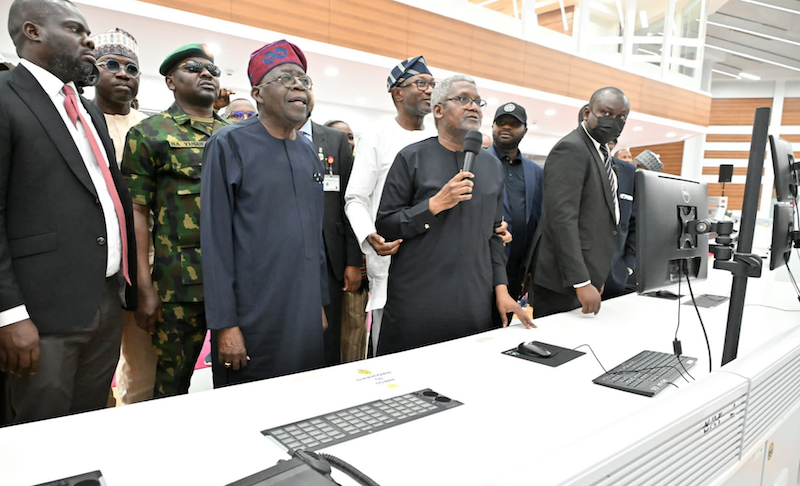The Major Energies Marketers Association of Nigeria (MEMAN) has called for clarity on Dangote Refinery’s offer of free nationwide logistics for petrol and diesel distribution.
MEMAN’s Chief Executive Officer, Mr Clement Isong, made the call on Thursday during the association’s quarterly online press webinar.
He explained that Dangote Refinery plans to extend free logistics support to marketers, manufacturers, telecom firms, aviation companies, and other large-scale consumers.
The webinar, with the theme ‘Fair and Healthy Competition in the Nigerian Market,’ drew media professionals, industry experts, and stakeholders to discuss Nigeria’s changing energy landscape.
Isong welcomed the innovation but stressed the need for transparency, especially regarding logistics and pricing within Dangote Refinery’s proposed distribution framework.
He said: “We’ve heard reports about free logistics from Aug. 15, but we need clarification on scope, regions covered, and operational details.”
He urged dialogue between Dangote, regulators, stakeholders, and the media to ensure all aspects are properly addressed.
He warned against drawing conclusions too early, saying, “Some suggest standardised pricing nationwide, but we need facts. Clear communication is essential.”
Isong reaffirmed MEMAN’s support for open market competition and praised the innovation behind introducing Compressed Natural Gas (CNG) trucks.
He noted that several MEMAN members have already implemented solar stations and pooled logistics to boost efficiency and reduce operational costs.
Describing Dangote’s plan to roll out 4,000 CNG trucks as “brilliant,” he raised concerns about fairness and competition oversight.
“That’s a major move for logistics and sustainability. But it might also trigger fears of dominance in the fuel supply chain.”
He said MEMAN members are also transitioning from diesel to CNG trucks in line with the government’s cleaner energy drive.
However, he warned that the policy remains in early stages and infrastructure gaps must be addressed.
“CNG is still a developing policy. Infrastructure is lacking, so coordinated planning is vital,” he said.
He pointed out that Dangote has experience using CNG in its cement operations, having converted around 2,000 trucks already.
Isong said this experience gives the company an edge, but warned that clear rules are needed to protect market fairness.
He called on the Federal Competition and Consumer Protection Commission (FCCPC) and the NMDPRA to manage innovation alongside market stability.
“This must be an ongoing conversation between regulators and market actors,” he said.
He emphasised that MEMAN supports deregulation and innovation, but cautioned that market structure must not be ignored.
“We support CNG trucks and similar innovations. But we must fully assess the implications before taking positions,” he said.
He said MEMAN is carefully watching market developments and will respond once all facts are available.
“We need a full picture before making any conclusions,” he said.
He noted that innovation must align with national priorities and benefit the average Nigerian.
“Rushing to conclusions would be unwise. This should be about national interest and consumer welfare,” Isong said.
He acknowledged risks in a deregulated market, such as monopolies, but stressed the long-term value of competition.
“Competition fosters efficiency and sustainability, but oversight is vital to prevent market capture,” he said.
He added that energy is vital to development and must be priced and distributed with the public in mind.
“If fuel prices soar, Nigerians suffer and growth stalls. We need ongoing discussions on distribution and pricing,” he said.
On collaboration, he noted that the sector often shares resources to manage costs and improve efficiency.
“Many MEMAN members buy from Dangote and work together on logistics. Globally, the oil sector cooperates across the chain.
“Retail competition exists, but supply chain cooperation ensures lower costs and reliability,” he said.
Nigeria’s energy transition continues, and Dangote’s 4,000 CNG trucks could significantly reshape fuel logistics.
The impact depends on how this move is regulated, expanded, and integrated into the wider national strategy.
Earlier, Dangote Industries said it would start nationwide fuel distribution from Aug. 15, using the new CNG trucks.
This was confirmed by Mr Abiodun Alade, Dangote’s Internal Communications Specialist.
MEMAN said it is monitoring market responses and will engage constructively once Dangote’s plans become clearer.
Meanwhile, the World Bank noted that Nigeria’s policy environment is seen by investors as stifling competition.
Mr Samer Matta, Senior Economist at the World Bank, made this known in a presentation titled ‘Catalysing Competition in Nigeria.’
He said monopolies and market concentration still dominate many Nigerian sectors.
In a 2024 table on market-based competition (0 lowest, 20 highest), Nigeria ranked last among peers like Egypt, Ghana, and India.
Matta said government protection fails to improve refining efficiency or deliver consumer benefits.
He argued that refineries should face open competition, not be shielded from import challenges.
He criticised the current policy, which prioritises local supply and permits imports only in case of shortages.
He said this approach contradicts the competition principles stated in section 317 (9) of the Petroleum Industry Act.
